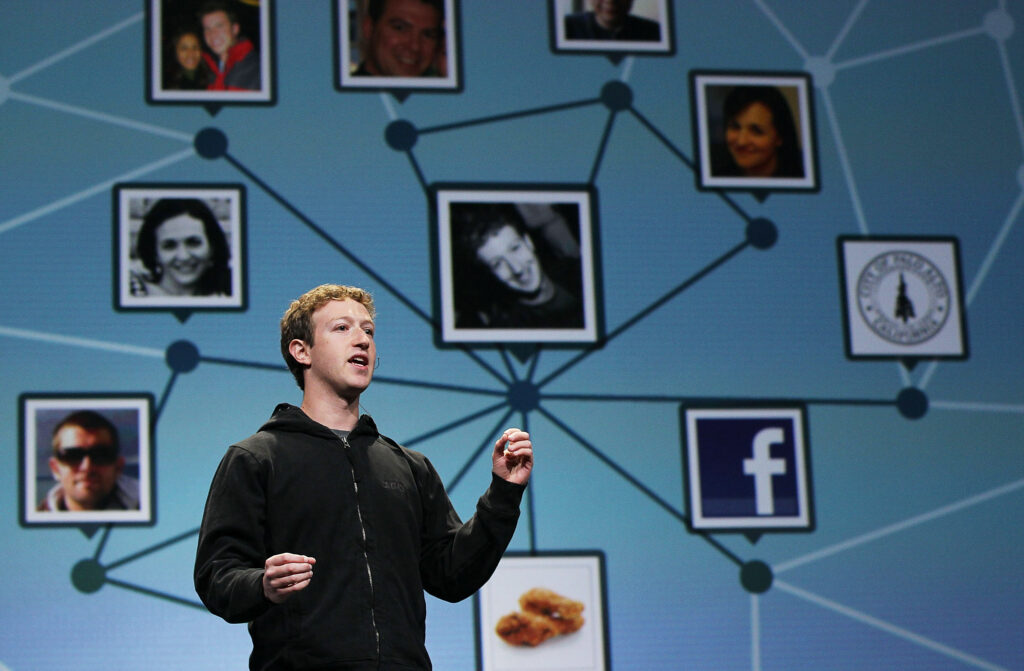Limp Bizkit’s $200M Fraud Lawsuit Shakes the Music Industry
Limp Bizkit, the iconic nu-metal band that shot to fame in the late ’90s, has filed a massive lawsuit against Universal Music Group (UMG), one of the largest music companies in the world. The litigation, led by frontman Fred Durst, accuses UMG of concealing royalties owed to the band, amounting to over $200 million. The legal battle is poised to send shockwaves through the music industry, raising questions about transparency and royalty payments for artists.
In the legal proceeding, filed in California, Limp Bizkit and its label, Flawless Records, accuse UMG of using software specifically designed to obscure the true amount of royalties due to the band. According to the plaintiffs, this allowed UMG to pocket the profits from their music without paying them a cent until legal action was taken. The band claims this situation persisted despite a resurgence in their popularity, with their songs being streamed hundreds of millions of times in 2024 alone.
“This was the nuclear option” remarked music industry expert Mark Tavern, suggesting the lawsuit may be aimed at forcing a settlement. “It’s designed to make this go away quickly”.
UMG, which represents some of the biggest names in the music industry, including Taylor Swift and Dr. Dre, has yet to respond to multiple requests for comment. Limp Bizkit’s claim also hints that this issue may extend beyond their band, alleging that “potentially hundreds” of other artists may have been similarly defrauded. The case raises concerns about the broader practices of record labels in managing artist royalties in the streaming era.
“These accusations are massive” said Jay Gilbert, a music industry consultant who previously worked at UMG. However, he remains skeptical of the claims, suggesting that the issue might be less about fraud and more about “an accounting error that’s been blown out of proportion”.
In April, Limp Bizkit’s representatives gained access to UMG’s royalty portal and discovered discrepancies, including an unpaid balance of over $1 million. UMG eventually paid out around $1 million to Limp Bizkit and $2.3 million to Flawless Records, blaming the delay on a software issue.
Durst claims that the band had been told they hadn’t received royalty payments because they hadn’t recouped advances totaling $43 million. However, the lawsuit alleges UMG has not provided accurate or timely royalty statements. “This type of dirty laundry is rarely aired publicly” Gilbert noted, explaining that these kind of disputes are typically settled behind closed doors. The global music industry has evolved significantly with the rise of streaming, complicating royalty calculations and payment structures. The lawsuit underscores how challenging it can be to navigate this new landscape for artists.
As Limp Bizkit’s judicial proceedig continues to unfold, it highlights the growing tensions between artists and record labels over licensing fees payments in the digital age. Whether the case leads to a settlement or further legal battles, the outcome could have major implications for how residuals are managed in the music industry. Gilbert believes that cooler heads will eventually prevail, suggesting that a resolution is likely to happen behind closed doors. “This thing will be resolved” he said. “I think it’s going to go away”.
Source: The Guardian
Share:
Limp Bizkit, the iconic nu-metal band that shot to fame in the late ’90s, has filed a massive lawsuit against Universal Music Group (UMG), one of the largest music companies in the world. The litigation, led by frontman Fred Durst, accuses UMG of concealing royalties owed to the band, amounting to over $200 million. The legal battle is poised to send shockwaves through the music industry, raising questions about transparency and royalty payments for artists.
In the legal proceeding, filed in California, Limp Bizkit and its label, Flawless Records, accuse UMG of using software specifically designed to obscure the true amount of royalties due to the band. According to the plaintiffs, this allowed UMG to pocket the profits from their music without paying them a cent until legal action was taken. The band claims this situation persisted despite a resurgence in their popularity, with their songs being streamed hundreds of millions of times in 2024 alone.
“This was the nuclear option” remarked music industry expert Mark Tavern, suggesting the lawsuit may be aimed at forcing a settlement. “It’s designed to make this go away quickly”.
UMG, which represents some of the biggest names in the music industry, including Taylor Swift and Dr. Dre, has yet to respond to multiple requests for comment. Limp Bizkit’s claim also hints that this issue may extend beyond their band, alleging that “potentially hundreds” of other artists may have been similarly defrauded. The case raises concerns about the broader practices of record labels in managing artist royalties in the streaming era.
“These accusations are massive” said Jay Gilbert, a music industry consultant who previously worked at UMG. However, he remains skeptical of the claims, suggesting that the issue might be less about fraud and more about “an accounting error that’s been blown out of proportion”.
In April, Limp Bizkit’s representatives gained access to UMG’s royalty portal and discovered discrepancies, including an unpaid balance of over $1 million. UMG eventually paid out around $1 million to Limp Bizkit and $2.3 million to Flawless Records, blaming the delay on a software issue.
Durst claims that the band had been told they hadn’t received royalty payments because they hadn’t recouped advances totaling $43 million. However, the lawsuit alleges UMG has not provided accurate or timely royalty statements. “This type of dirty laundry is rarely aired publicly” Gilbert noted, explaining that these kind of disputes are typically settled behind closed doors. The global music industry has evolved significantly with the rise of streaming, complicating royalty calculations and payment structures. The lawsuit underscores how challenging it can be to navigate this new landscape for artists.
As Limp Bizkit’s judicial proceedig continues to unfold, it highlights the growing tensions between artists and record labels over licensing fees payments in the digital age. Whether the case leads to a settlement or further legal battles, the outcome could have major implications for how residuals are managed in the music industry. Gilbert believes that cooler heads will eventually prevail, suggesting that a resolution is likely to happen behind closed doors. “This thing will be resolved” he said. “I think it’s going to go away”.
Source: The Guardian









